Our Origin Story
Kim and Renee met during the Covid summer of 2020 in a Meetup group (over Zoom, of course) focused on helping creative people achieve their goals. Kim, stuck at home with her husband and two school-aged kids, was desperate to reclaim her focus and motivation to finish a short story she’d started pre-pandemic. Renee, who hosted the Meetup, wanted to build a community of writers who supported each other’s creative development. Over time the group’s members dwindled, until it was just Kim, Renee and one other person (Hi Chris!) meeting weekly to hash out writing and lament over productivity issues.
Renee was toying with the idea of hosting a virtual book club on Meetup, which would focus on reading and discussing writing craft books. Kim pointed out that most fiction book clubs members struggle to read the book or even show up–and that’s even with bribes of wine and dessert. Kim had also once recorded a radio news story for a class and had been itching to start a podcast ever since. She proposed the idea to Renee and who was more than interested. Kim suggested “Words to write by.” Renee looked it up–and amazingly–no one else was using the name for podcasting. So Renee registered the web domain and the Words to Write by Podcast was created.
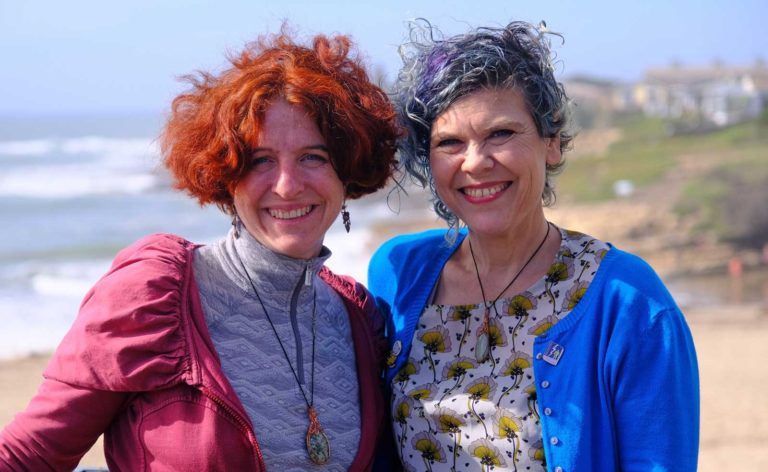
Our Goal
We’ve both been extremely fortunate to have formal writing instruction. Renee has M.F.A. in Poetry from San Francisco State University. Kim trained as a journalist in UC Santa Cruz Science Communications program and workshopped the beginning of a novel at the Middlebury Bread Loaf Writers Conference. We want to continue to hone our writing craft, but it’s hard to focus and complete exercises when you don’t have imposed deadlines or the support from teachers and classmates.
We’ve all been there: the first chapter of a a craft book dazzles and inspires you enough to bring the book home with the hope it will relay its secrets. Then, once you put it down on your bedside table, it gathers dust until it meets its final resting place on the shelf with all the other unread craft books. (We use the word “you” but we’re looking in a mirror at “us”.)
This podcast is a promise to ourselves to be serious about improving our writing. And it’s a promise to our listeners to show, not tell, how to improve your writing. Getting advice is great, but incorporating it into your work takes time, repetition, discussion, analysis (Renee is an educator and she knows these things). We’re not reviewing books (although we’ll certainly tell you our opinion of them); we’re discussing what we personally learned from them. And, by example, helping our listeners to do the same a book at a time, one chapter at a time.
Renee K. Nelson
A long, long time ago in the Bay Area, I was a poet. I went to grad school and got my MFA in Poetry from SF State. I then started teaching then workworkwork. You know the story: girl wants to be a writer, goes to college to learn writing, becomes an adjunct writing instructor…academia sucks girl’s soul. Eventually, I began writing again. But instead of poetry, I found myself writing creative non-fiction. Now I’m working on a memoir. Oh, and this podcast. You can find some of my published poems (from when I was still young and spunky) in Zyzzyva, Broadsided Press, Ping Pong, Eleven Eleven, Switchback (bonus), Gone Lawn, and a few more.
Kim Smuga-Otto
I’ve always told stories. I wrote comic books with friends, “published” fanfiction, and twice wrote the first 50K words of a novel for Nanowrimo, but my paying job was doing research in a stem cell lab. Several years ago, I decided I wanted to be a professional writer. We moved from Madison, Wisconsin to California so I could train in science journalism. I’ve since written for various print and web publications and even got to do field reporting that got me up close and personal with seal lions and great white sharks.
But I still had all these stories in my head. I wanted to write fiction, so with the support of my family and friends that’s what I’m doing. I haven’t been published yet, but I haven’t stopped trying.
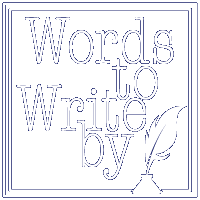
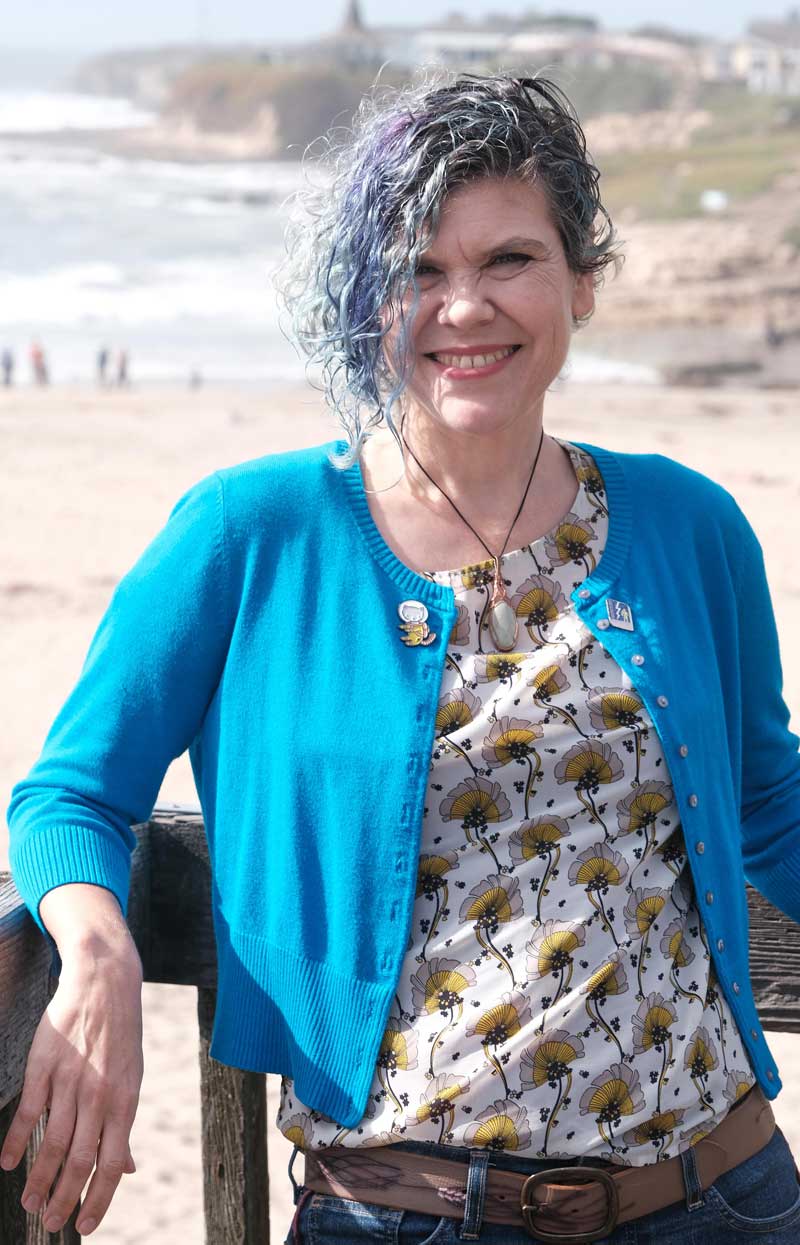
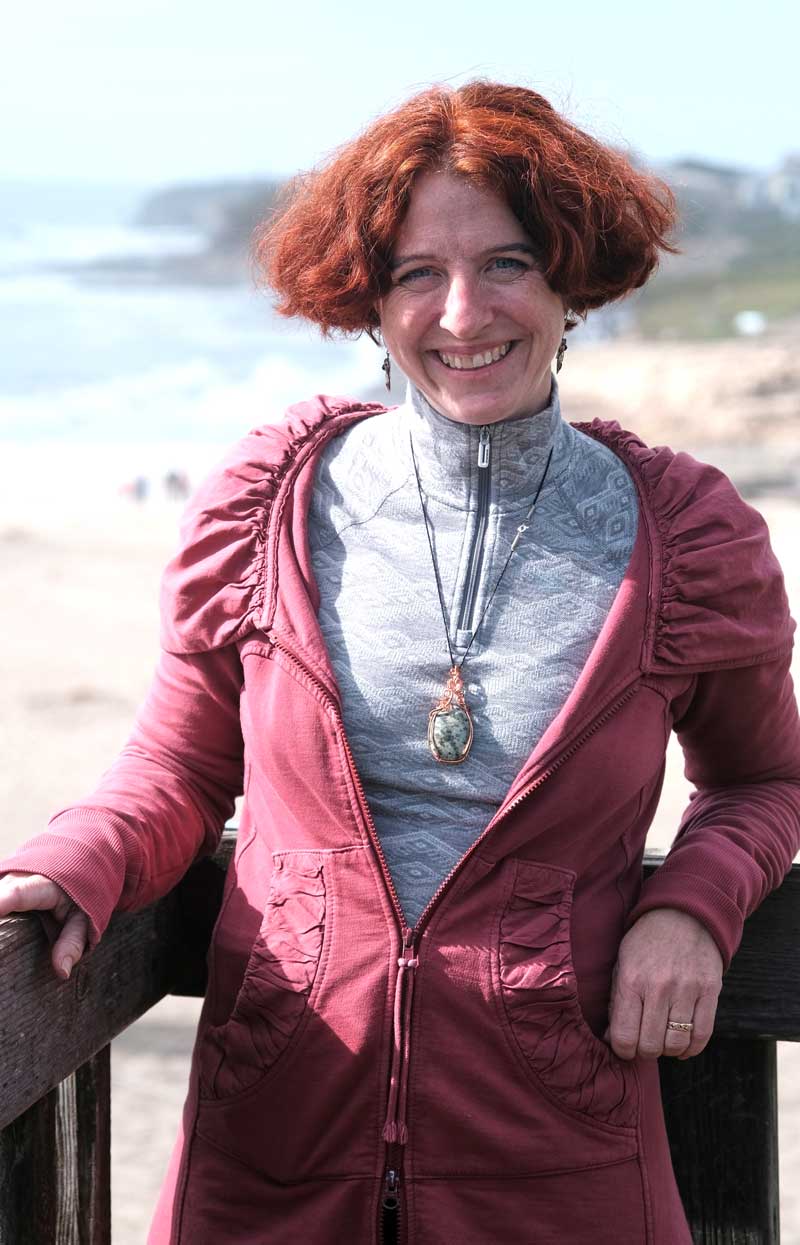
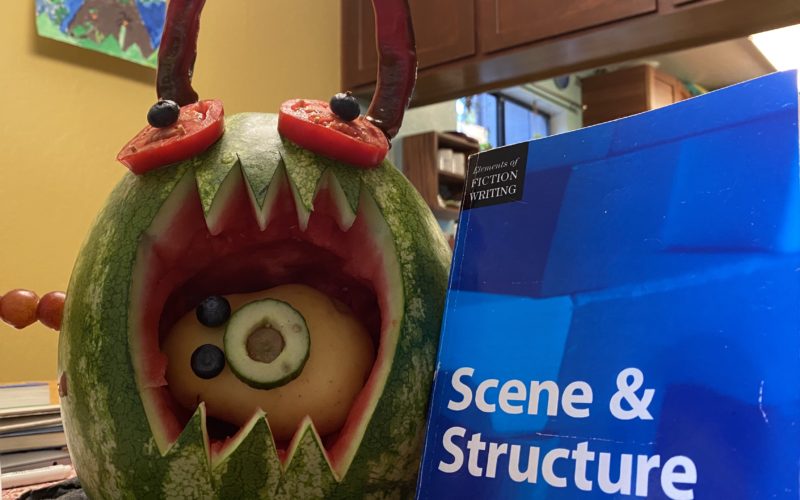
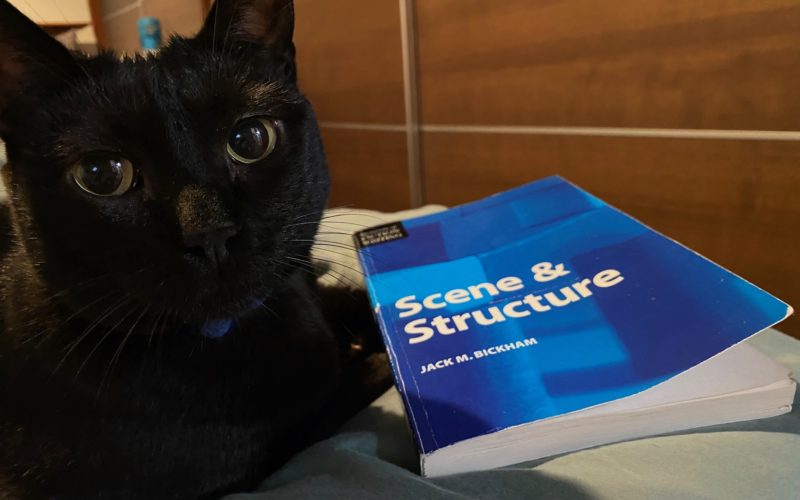


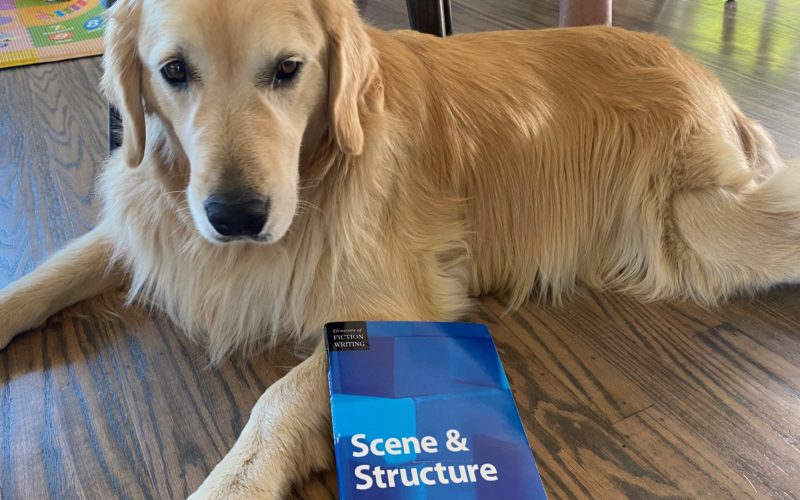
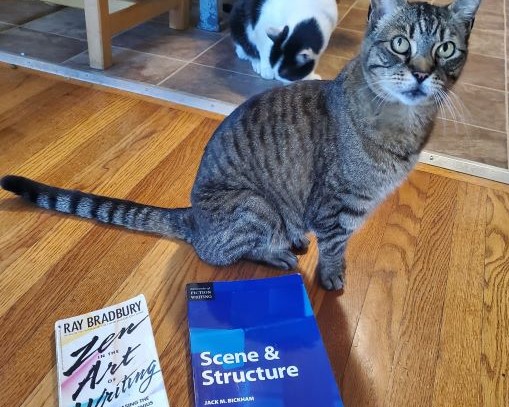
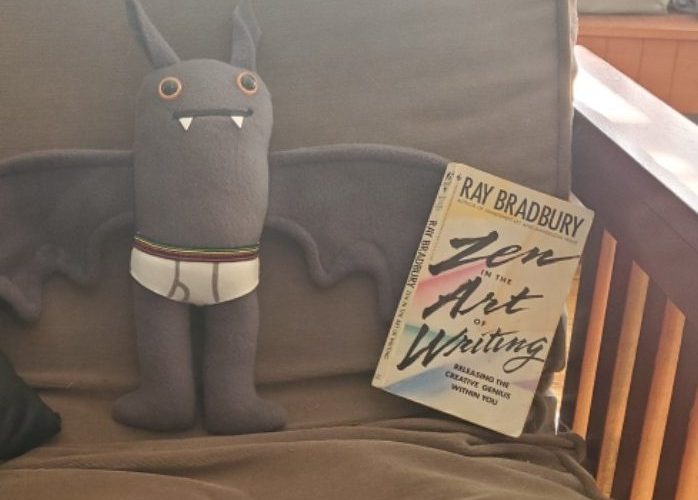
Speeding Up and Slowing Down your Novel
Chapter 8 – Scene & Structure Subscribe to our Newsletter How do you take a ponderous story into a page turner? How do you take a Michael Bay paced...